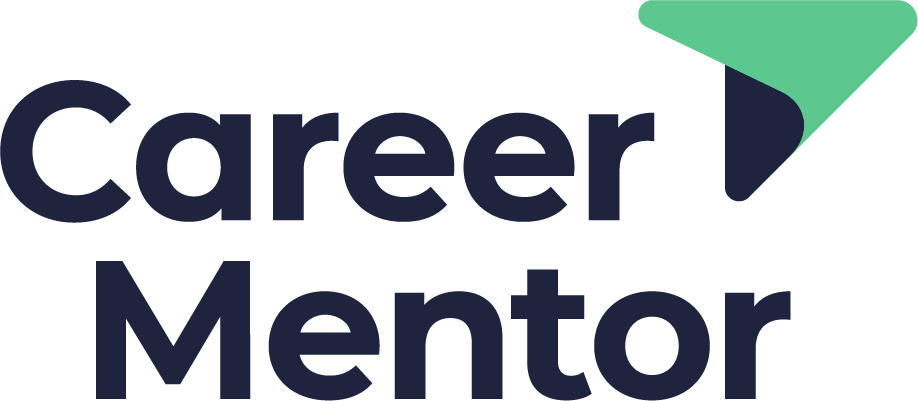Future boss hunting: wait, what?
The normal model for a job search is that you go online and apply for jobs, or hope that a recruiter will send you forward for openings that they’re working on. Perhaps you do some ‘networking’ by calling people you know and you may even meet a few for coffee. Our belief at Career Mentor is that in an effective job search, you need to be more proactive and in control of the process.
In this blog, I’ll focus on one approach in particular: identifying and seeking out your ‘future boss’, with this being the focus of your intent rather than just the ‘job’ itself.
Passive job searching
Passive job search is waiting for inbound messages from hiring managers or recruiters via LinkedIn. It’s perfectly valid if you’re not actively searching for your next role and many people do move to their next job having been approached in this way. This is most probably because their LinkedIn Profile and activity were both optimised and they were on top of other aspects of their professional marketing.
A less passive form of job searching is to make online applications, or to hope that recruiters help you and ‘go for coffees’ with you to explore your options. These channels can also be effective depending, to an extent, on how well you use them.
Why you should look for your ‘future boss’
Instead of working out what positions are currently available by means of online searches and recruiters, we’d suggest a different approach. Instead, proactively identify and approach your ‘future boss’ - without being too concerned about whether there’s an open position. Of course, the downside of this is that even if this ‘future boss’ would like to hire you, there may be difficulties in finding the budget, headcount and consensus to hire.
So, what’s the worst that could happen?
You’ll have expended time and effort, true. I think that it’s unlikely that you’d annoy the ‘future boss’ with your message - especially if you send a well crafted, thoughtful and well researched email. If anything, they’ll be impressed by your level of proactivity and perhaps even somewhat flattered.
Now let’s consider the upside. You might land a job. That would clearly be the best outcome. You might stumble into a recruitment process that you did not know, from the outside, existed. Even if nothing happens at all, you’ll have gained a new network contact who may consider hiring you at some point in the future. The ‘future boss’ may also refer you onto one of their contacts who’s hiring. When looked at in this way, it begins to look like a valid channel to pursue.
Finding your ‘future boss’
So the next question is, how do I find this ‘future boss’? Here are some ideas that might help:
Be clear about the role you’re looking for and what sort of firms you’d like to work for and why. That’s a big chunk of research to be getting on with.
Draw up a list of characteristics and criteria. Have an ‘ideal future boss’ profile.
Identify the leaders within target organisations from people in your network. Maybe they’ll tell you the name of the person to approach.
Learn more about them. Ask questions about who are the acknowledged leaders that fit with your ‘ideal future boss’ profile.
Identify people who recently left the target organisation and ask them the same questions. In some versions of the LinkedIn platform, you can search for people who used to work at a specific firm.
In these conversations you can, of course, ask if there are job opportunities - yes, and the focus should be on finding high functioning teams led by high functioning leaders. You’re looking for the leader, first and foremost.
Read the press about what deals are being done, ask recruiters for their opinion, and generally ask around to understand which leaders are highly rated.
If you’re doing this internally, it will be easier in many ways. Certainly attending internal events where you’ll meet others outside your immediate sphere will help you expand your network and afford you the opportunity to gather info.
Once you’ve found some ‘future bosses’, it’s now time to reach out. How to do this was the subject of a recent blog and video. The following are just some basic things to bear in mind:
Get an introduction to make it a warm call if you can.
Make it clear that you’ve done your research and why you’d like to work for that specific leader - a pinch of flattery is no bad thing, but don’t over-egg it.
Also, mention why their firm / team makes sense as your logical next move.
Tell the ‘future boss’ about two or three things that you bring to the party which, hopefully, they’ll find compelling enough to want to have a call.
I hope you find this useful. If you’re looking to make your next move and would benefit from a no-strings-attached coaching call, let’s talk. Much of our work with our coaching clients is specifically focused on this: helping professionals in Financial Services obtain greater choice, confidence and control of their career next smart move.
